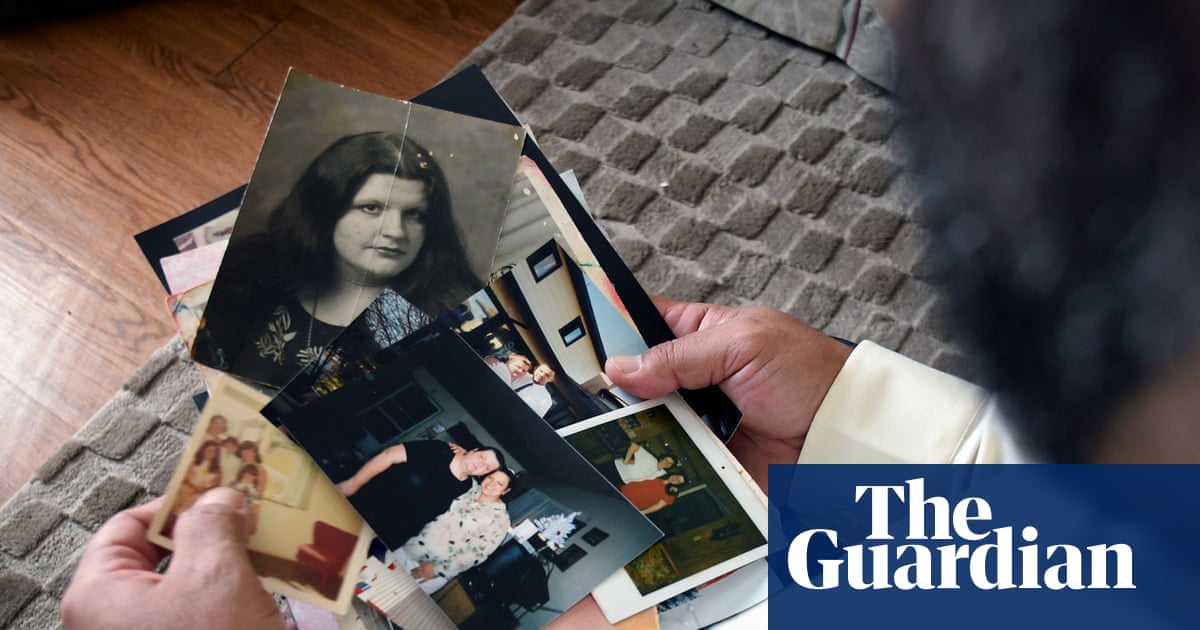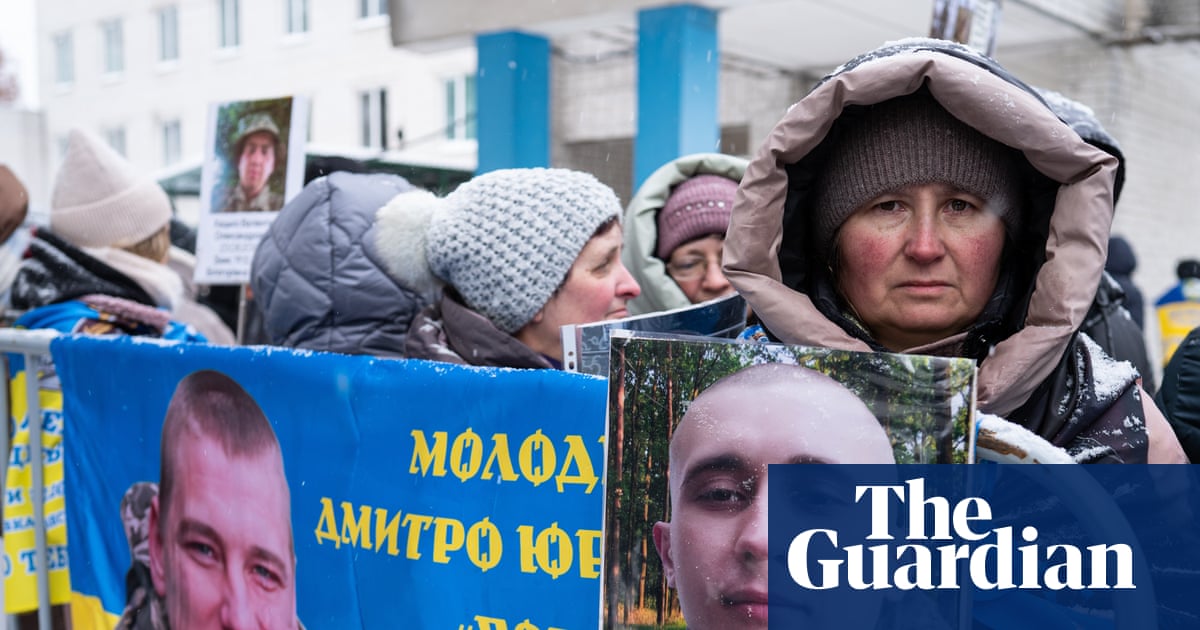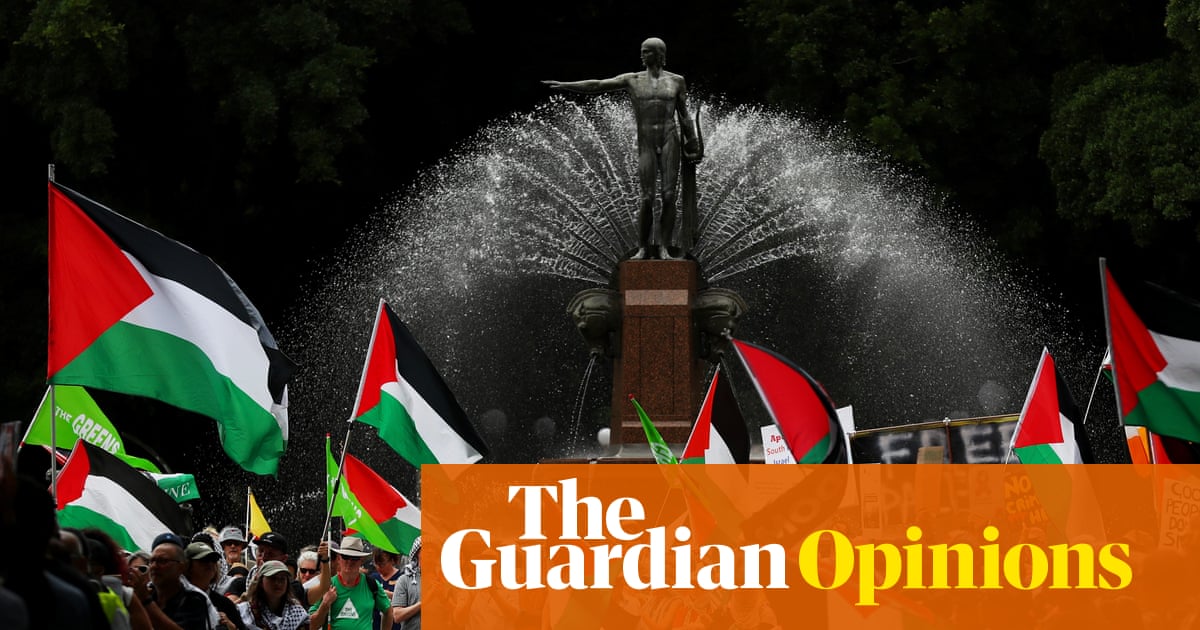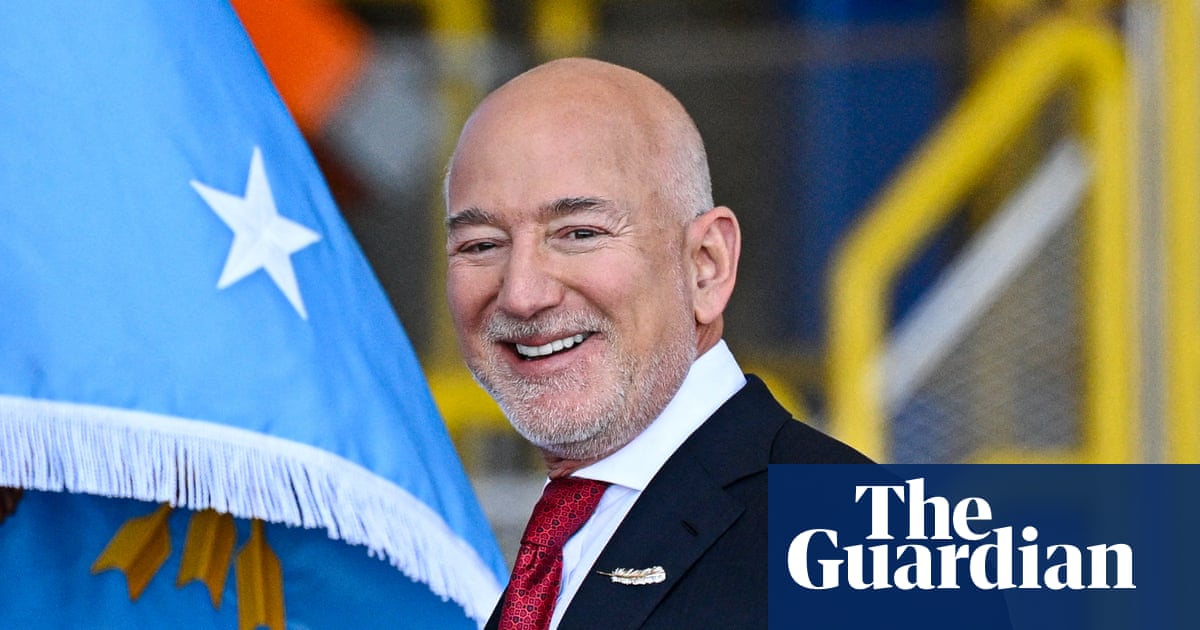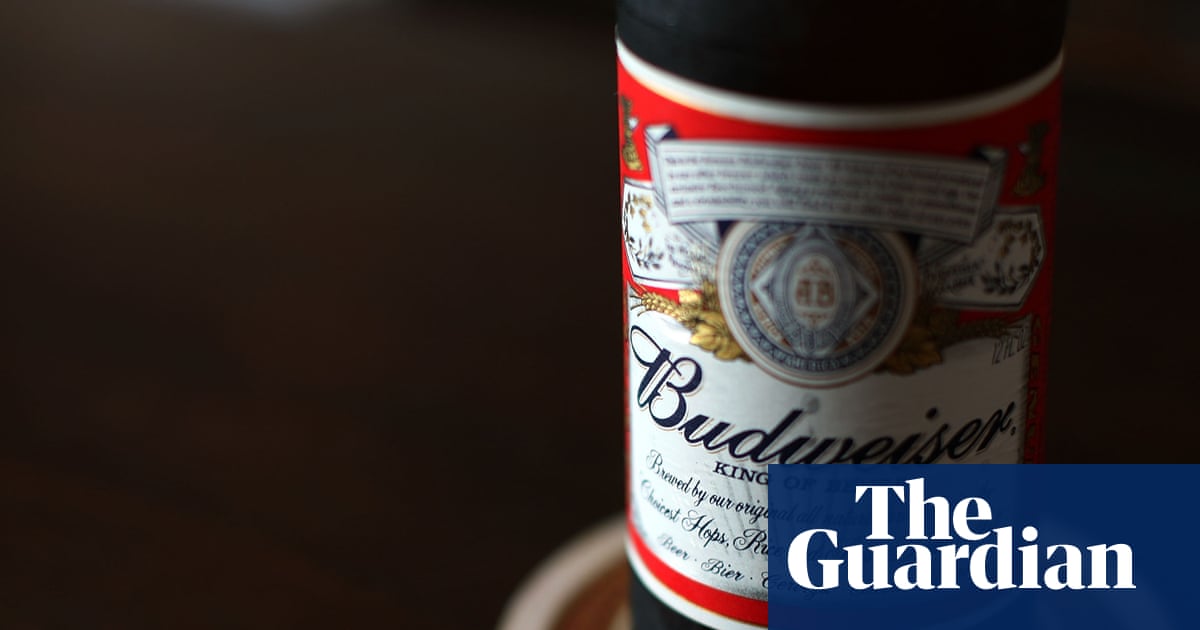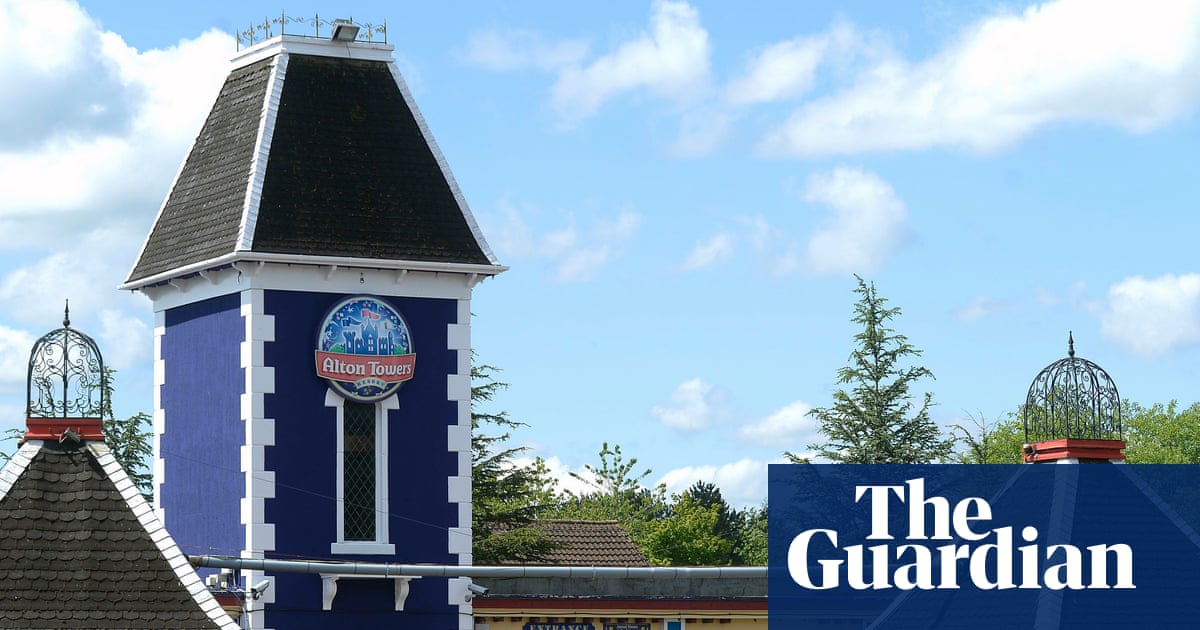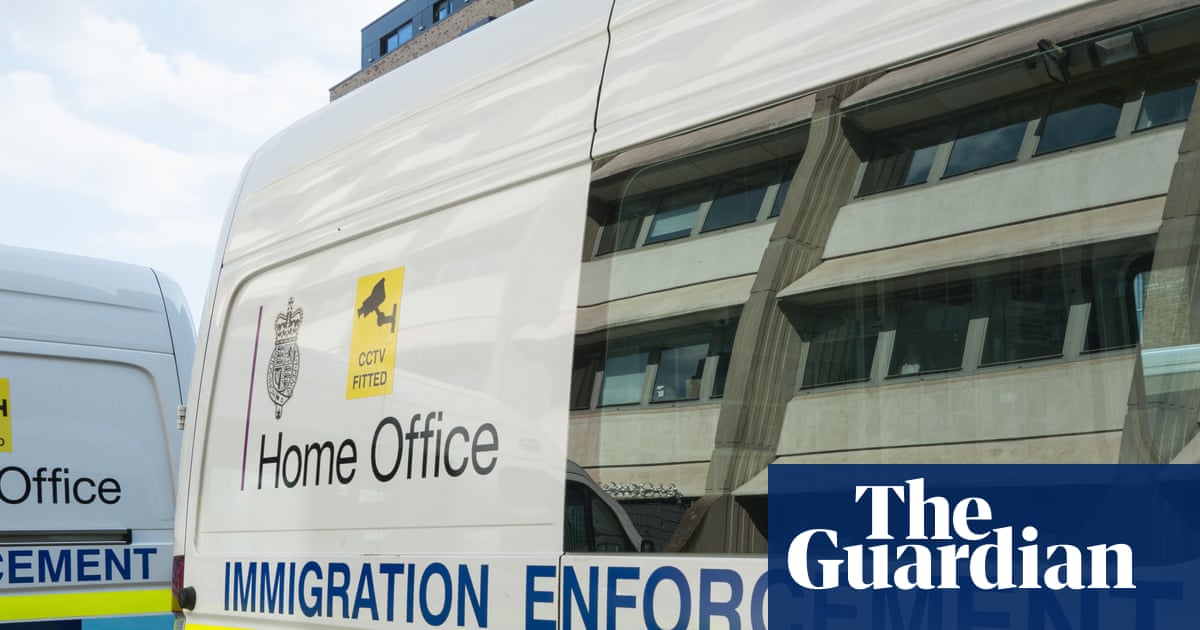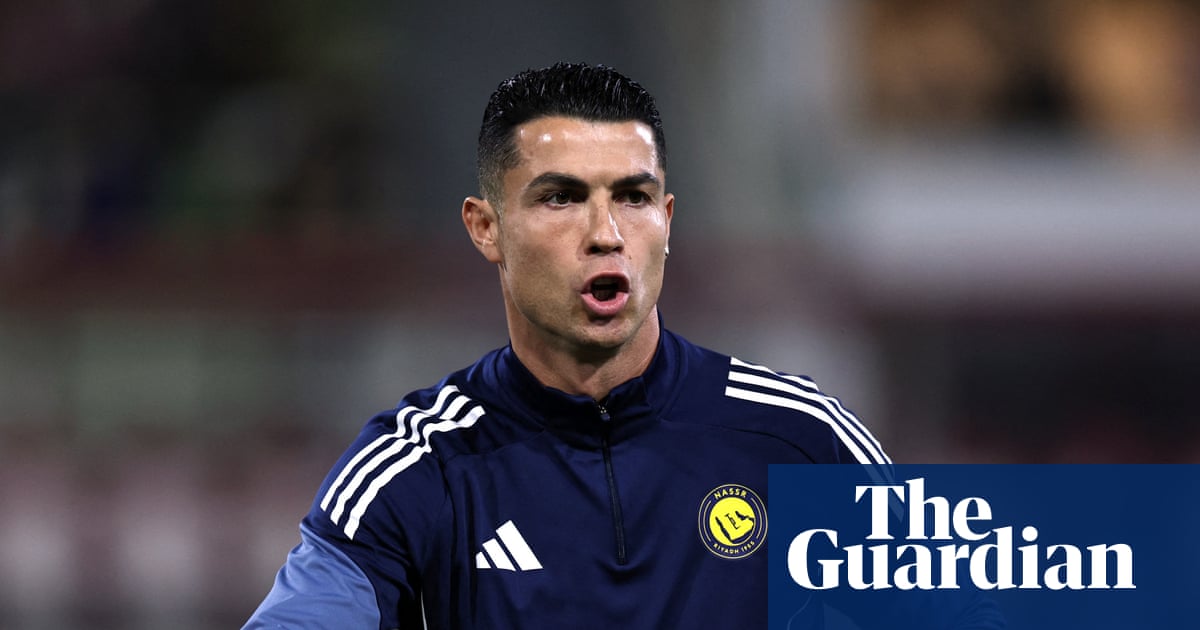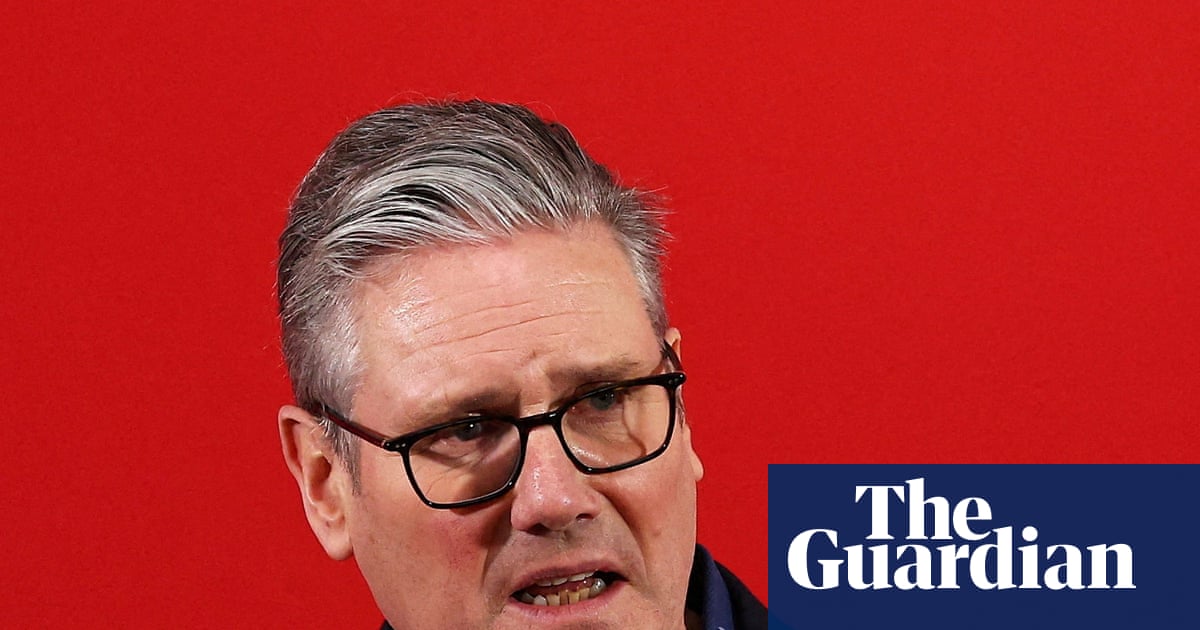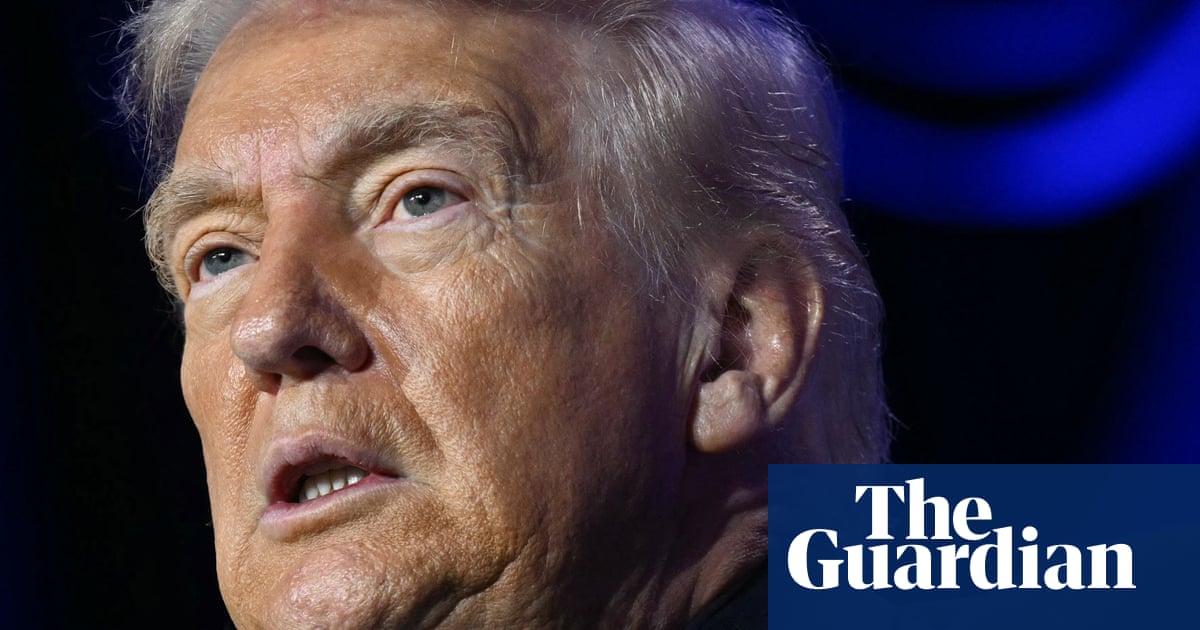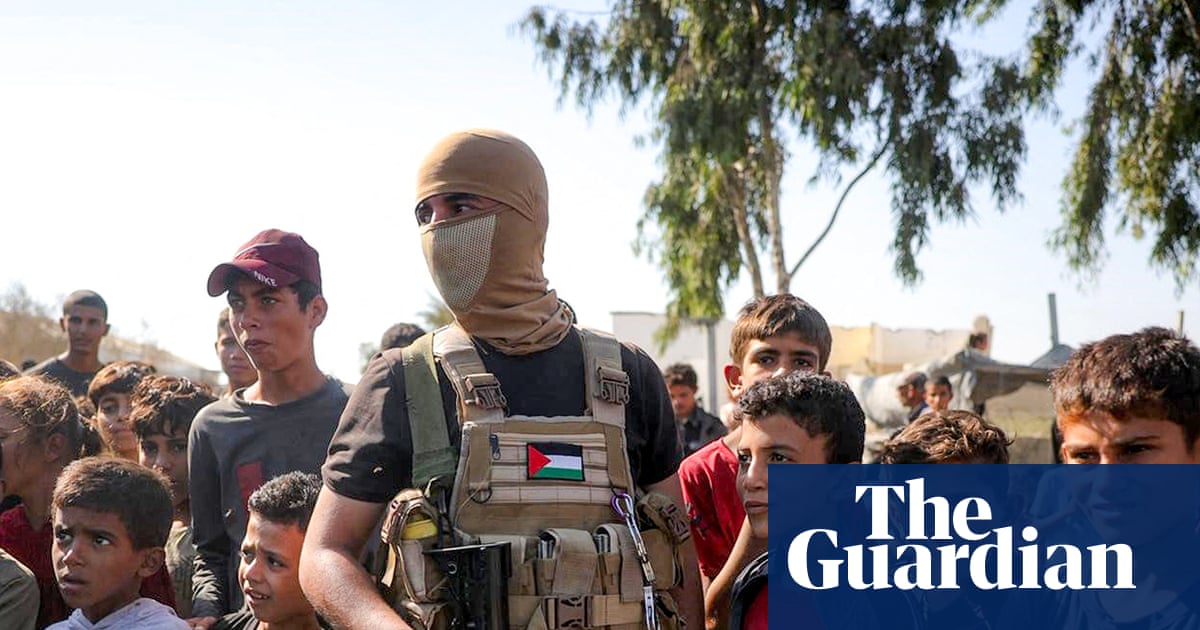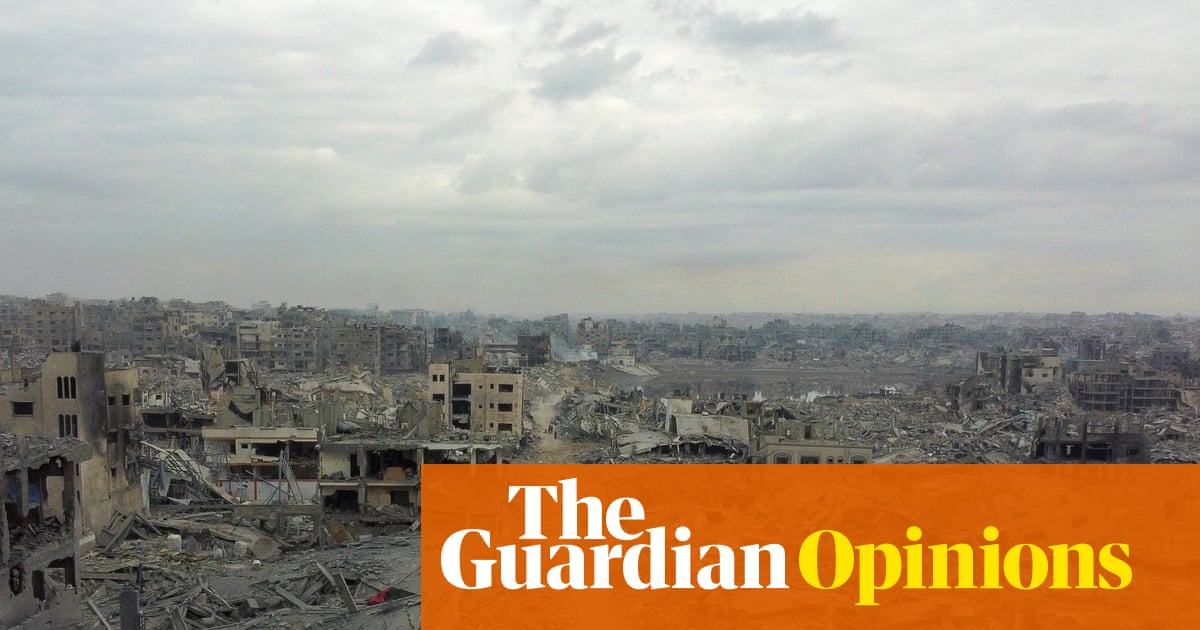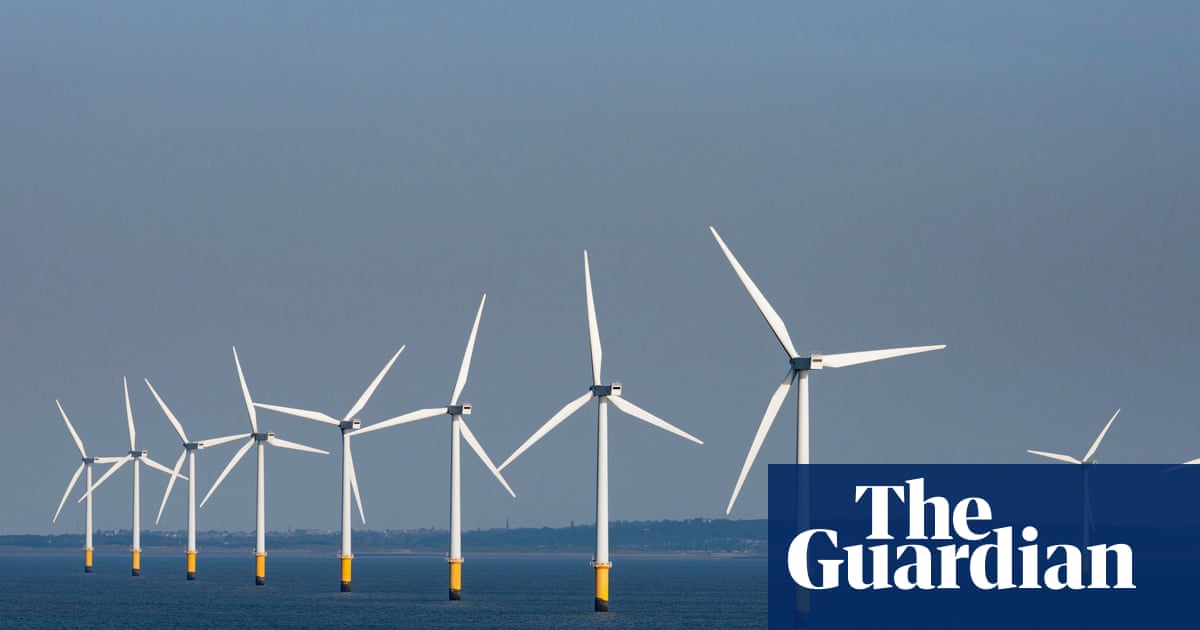Britain is deploying Royal Air Force specialists to help Belgium counter drone threats to the country’s airports after disruptive sightings last week that some politicians blamed on Russia.
Sir Richard Knighton, the head of the UK’s armed forces, said the British military would provide “our people, our equipment” to help Belgium, though he was careful to say “we don’t yet know” the origin of the drones seen last week.
The decision was made after a request for help from Belgium. Flights were disrupted at Brussels and Liège airports last Thursday after unidentified drone sightings, which were also reported at military bases and nuclear facilities in the country.
Russia has been identified as the most likely culprit, the latest in a string of incidents across northern Europe this autumn. However, Knighton said even without knowing definitively who was behind the drone flights, he was “very happy” to act in support of a Nato ally.
Germany announced last week it had sent specialist assistance, and Belgian authorities said France had followed suit. The UK’s help is expected to come from the RAF’s dedicated counter-uncrewed aerial systems unit.
Last week Boris Pistorius, the German defence minister, said he believed the drone incursions were “likely connected with the fight over the use of Russian frozen assets held by Belgium”. EU and UK politicians have been discussing how to release Russian central bank assets, held mostly in Belgium, to support a €140bn (£120bn) loan to Ukraine.
Knighton was speaking in his first television interviews as chief of defence staff since he took over from Adm Sir Tony Radakin in September. A former head of the air force, he led military tributes to fallen soldiers at the Cenotaph in London on Sunday morning after the king and prime minister.
Knighton said in an interview with the BBC that “Russia is the most pressing threat right now” and the UK needed to strengthen itself against “hybrid warfare, this warfare that’s below the traditional threshold”, including threats from cyber and in space, sabotage, and assassination plots on British soil.
In an interview with Sky News, Knighton acknowledged that the UK armed forces had been “hollowed out” after 30 years of cuts since the end of the cold war. “We know that we have gaps in things like weapons stockpiles. We know that we don’t have all the people that we need,” he said when asked to elaborate.
UK defence spending is expected to increase from £62.2bn this year to £71bn in 2027-28, in line with a plan to lift the total military budget to 2.6% of GDP during this parliament. But money has been limited because of restricted budgets in previous years, internal overspends, and a heavy focus on new equipment rather than day-to-day costs.
Knighton said he was “confident the armed forces are a safe place for women” because of changes implemented after the suicide of Gnr Jaysley Beck, 19, who killed herself in 2021 after she was sexually assaulted by a senior colleague and bombarded with texts and voice messages by another line manager.
At the beginning of November, Beck’s mother, Leighann McCready, said women should not join the army because they were not properly protected in a male-dominated environment. “They protect themselves and not the soldiers,” she said.
Describing it as “a horrible case,” Knighton said: “I can understand why Jaysley Beck’s mother has said that. What happened to Jaysley was entirely unacceptable. It was criminal. She was let down.”
He said since then the military had made changes, including introducing an independent defence serious crimes unit and a victim and witness care unit. He said victims were able to choose whether accusations of crimes such as rape and serious sexual assault were handled in the military or civilian courts.

 2 months ago
56
2 months ago
56


